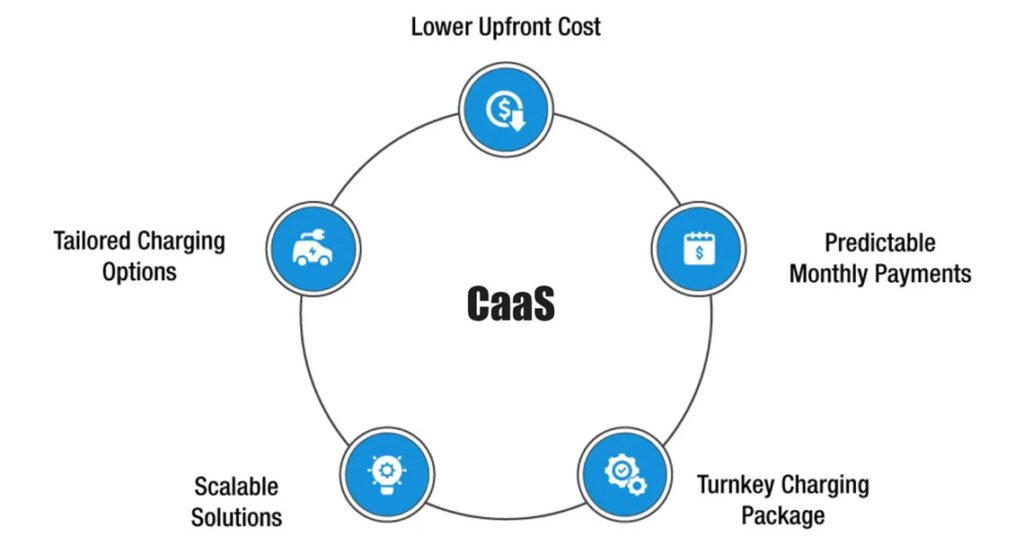BloombergNEF predicts that more than 5.8 million public charging points will be needed in Western markets by 2025, with operators facing shrinking profit margins averaging less than 8 percent. Grid upgrade costs account for 34% of DC fast charging station spending, while annual maintenance costs are growing by 12%, according to the U.S. Department of Energy. It is critical for operators in Europe and North America to overcome the “high investment, low return” Innovations for EV Charging Networks.

As the EU’s 2035 ICE ban and the U.S. Bipartisan Infrastructure Law take full effect, intelligent charging systems will deeply integrate with urban energy networks. Boston Consulting Group forecasts a $48 billion Western charging market by 2027, where operators mastering “cost-tech + data-value” strategies will dominate.
Advancements in EV charging are focused on making the process faster, more convenient, and more integrated with smart energy systems, pushing towards a seamless and sustainable experience.
Detailed Answer: Key advancements include:
The very latest technologies in EV charging are Megawatt Charging Systems (MCS) for heavy-duty vehicles, advanced Vehicle-to-Grid (V2G) solutions, widespread Plug-and-Charge (ISO 15118) implementation, and the growing maturity of Wireless EV Charging.
Detailed Answer: While many advancements are ongoing, the bleeding edge of EV charging technology in 2025 includes:
EV charging stations utilize power electronics for AC/DC conversion, communication protocols for vehicle-to-charger and station-to-grid interaction, and increasingly, smart technologies for load management and user experience.
Detailed Answer: The core technologies in EV charging stations encompass:
We will send detailed technical info and quotation to you!